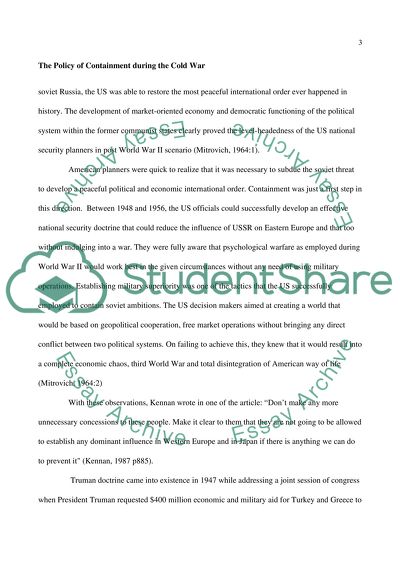Cite this document
(“Critically assess the policy of containment during the Cold War Essay”, n.d.)
Retrieved from https://studentshare.org/history/1467893-critically-assess-the-policy-of-containment-during
Retrieved from https://studentshare.org/history/1467893-critically-assess-the-policy-of-containment-during
(Critically Assess the Policy of Containment During the Cold War Essay)
https://studentshare.org/history/1467893-critically-assess-the-policy-of-containment-during.
https://studentshare.org/history/1467893-critically-assess-the-policy-of-containment-during.
“Critically Assess the Policy of Containment During the Cold War Essay”, n.d. https://studentshare.org/history/1467893-critically-assess-the-policy-of-containment-during.


